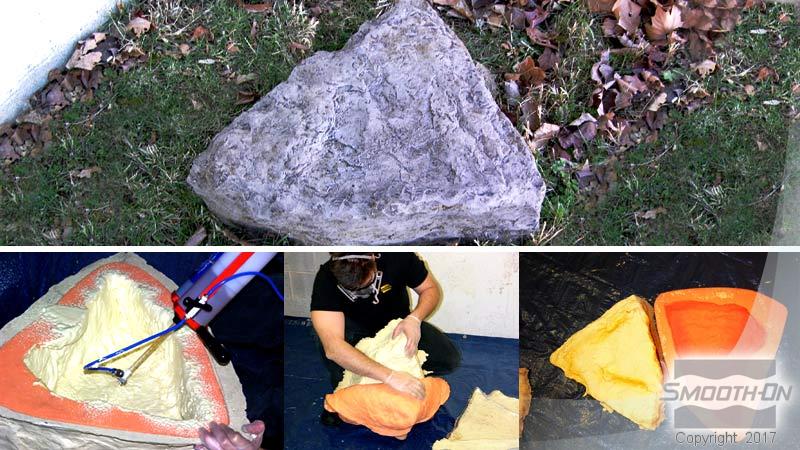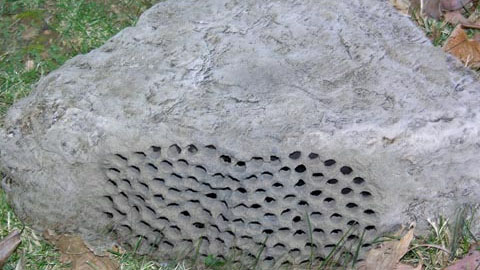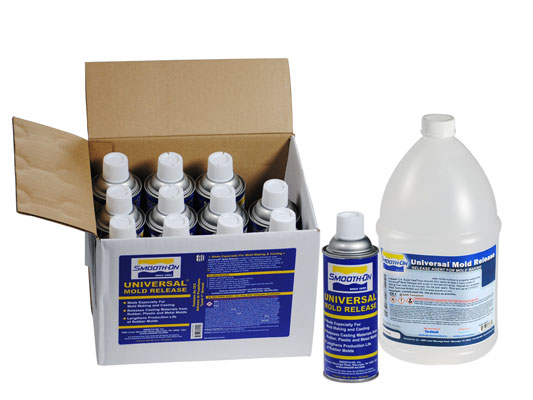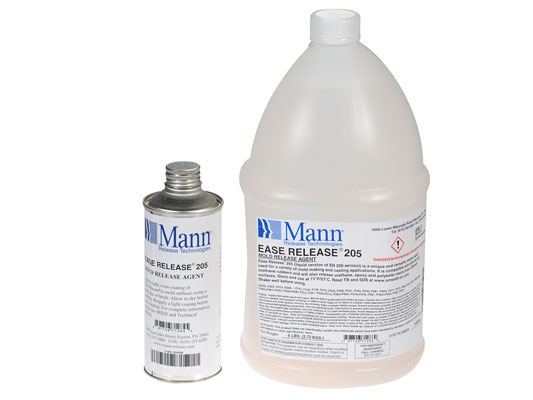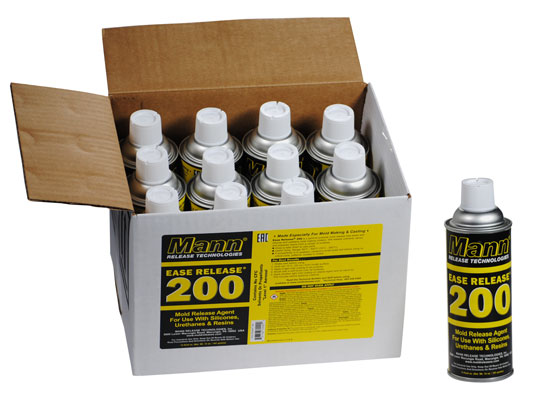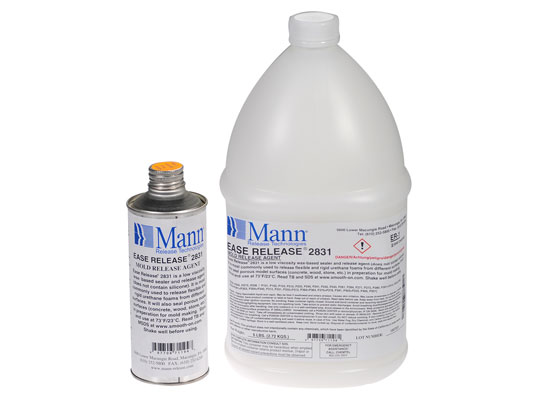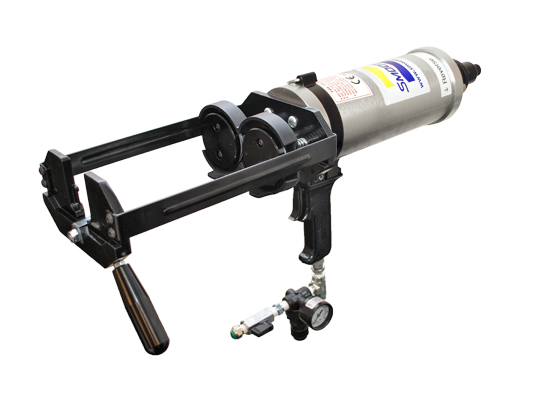EZ-Spray® Foam
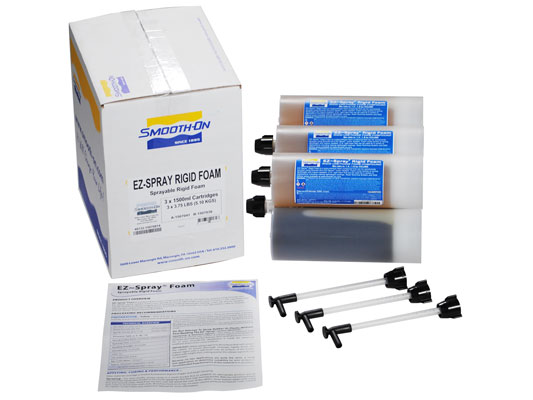
说明
Breathing protection: Everyone in the spray area should wear an independent air supplied hood or NIOSH approved breathing mask.
Do Not Attempt To Spray Rubber Or Plastic Without First Reading The EZ~Spray® Junior Manual!
Applying A Release Agent - This foam is adhesive and will stick to almost any surface. A release agent is necessary to facilitate demolding. Ease Release 2831 (available from SmoothOn or your Smooth-On distributor) is made for releasing urethane foams from most surfaces.
IMPORTANT: Apply release agent to all surfaces that will contact the rubber. To ensure thorough coverage, lightly brush the release agent with a soft brush over all surfaces of the model. Follow with a light mist coating and let the release agent dry for 15 minutes.
Because no two applications are quite the same, a small test application to determine suitability for your project is recommended if performance of this material is in question.
After material cartridge is loaded & prepared depress trigger and begin spraying.
Spraying - For best results, always spray in a waste bucket first to establish an appropriate product and air volume level. Spray onto model or into mold, applying a thin first coat, moving quickly. Wait two minutes between first and second coats. Heat from the first coat will speed the cure of the others. Spray bottom edges with many thin coats to avoid drips and voids. Work from bottom to top. Increase volume pressure for heavier coats. Consult EZ~Spray® Junior Video and Instruction Manual for more information.
Curing - EZ~Spray Foam will harden immediately and can be handled or demolded in about 5 minutes depending on mass and configuration.
Performance - Cured castings of EZ~Spray® Foam are rigid and durable. They resist moisture, moderate heat, solvents, dilute acids and can be machined, primed/painted or bonded to other surfaces (any release agent must be removed). If machining cured EZ~Spray® Foam, wear dust mask or other apparatus to prevent inhalation of residual particles. Castings can be displayed outdoors after priming and painting. Unpainted castings will yellow over time—more quickly when exposed to ultra-violet light. Because no two applications are quite the same, a small test application to determine suitability is recommended if performance of this material is in question.
